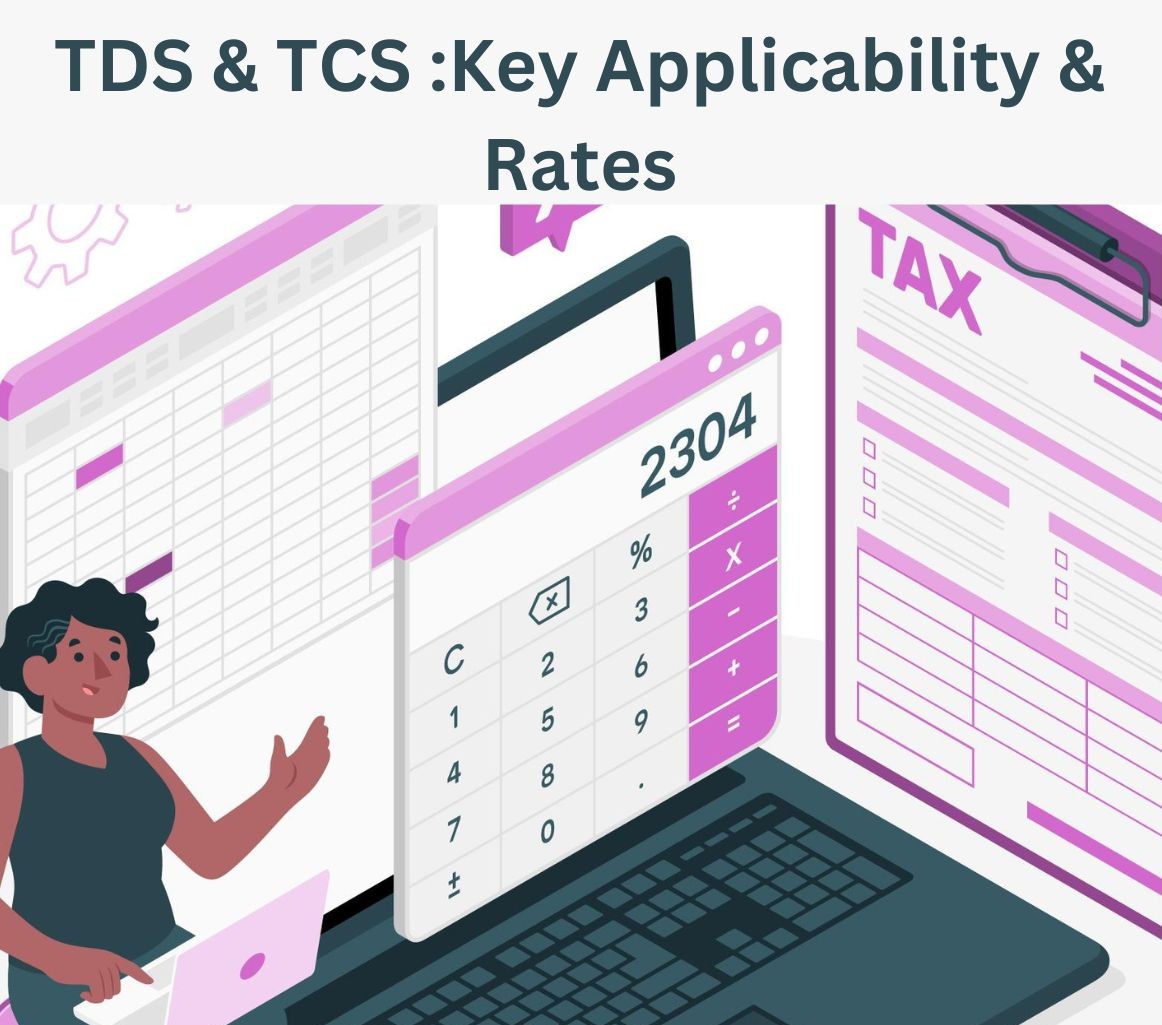Blog Details
12. Taxability of Gifts In India

Celebrations, family get-togethers, and friends' hangouts become truly memorable when marked with thoughtful gifts. We all gift and receive gifts from our loved ones. But did you know that in certain cases, these gifts may be taxable?
Firstly, let’s see what our Income Tax provisions say about gifts and their various types.
What is a gift?
A Gift is a sum of money or value of property received without consideration or for inadequate consideration.
Different types of gifts:
- Gift in cash
- Gift of immovable property (eg., land or building)
- Gift of movable property (eg., jewelery, shares, paintings, etc)
With this let’s look at Mr. Vishwa’s scenario.
Vishwa's Brother, Joshua, gifted him ₹1 lakh in cash on his birthday. Vishwa was thrilled! But, his friend, CA Murugan, asked: "Do you know the tax implications for this?"
Vishwa replied, "It's a gift, so it's tax-free, right?"
CA Murugan explained, "Not exactly. Any gift exceeding ₹50,000 in fair market value or stamp duty value in case of immovable property, received from a non-relative would be taxable as your income, but since it's from your brother, it's tax-free!"
Relative includes parents, siblings, spouse, children, lineal ascendants or descendants, and parents or siblings of the spouse as well. Gifts received from such relatives are entirely exempt from tax, regardless of the amount.
Vishwa's friend, Priya, received ₹2 lakhs from her husband's company as a wedding gift. CA Murugan clarified that, "That's tax-free for Priya or her husband, as it's a gift received on the occasion of their marriage."
Later, Vishwa wondered if the ₹10 lakh inheritance from his grandfather's will would be taxable. CA Murugan assured, "Inheritance is tax-free as well."
However, when Vishwa's NRI friend, Akash, gifted him ₹50,000, CA Murugan warned: "Gifts from NRIs are taxable too if that NRI is not a relative of yours."
Vishwa also told CA Murugan that his nephew received a gift from a registered charitable trust for his excellent academic performance for which he was replied that gifts received from a registered charitable trust or institution, local authority, fund or foundation, etc., are all exempt from tax.
To sum up the key takeaways – certain gifts are exempt, even if their value crosses ₹50,000. These include:
- Gifts received from relatives (e.g., parents, siblings, spouse, lineal ascendants/descendants).
- Gifts on special occasions such as:
- Marriage of the recipient (but not for other ceremonies like birthdays or anniversaries).
- Inheritance (through a will or by law).
- Gifts from trusts or institutions registered under Section 12A/12AA.
- Gifts received by local authorities, charitable trusts, or institutions for their activities.
While gifts can be a thoughtful gesture, their tax implications should not be overlooked. As a recipient:
- Keep track of the aggregate value of gifts in a financial year.
- Understand the exemptions for gifts from relatives or on specific occasions.
- Be mindful of compliance when reporting gifts in your income tax return and provide all relevant details to your CA.
- Ensure to keep proper documentation such as a gift deed, property valuation, and donor's PAN that may be required for verification.
If you're planning to gift a flat to your parents or children, feel free to do so with love, knowing it won’t pass on any tax burden to them. And when it comes to wedding gifts, now you see why someone like Ambani could graciously accept lavish presents—because gifts received on such occasions are entirely tax-free!
~ Compiled by Rajee Ranjana, Audit Assistant, H M R R & Associates.
Copyright | All Rights Reserved H M R R & Associates























